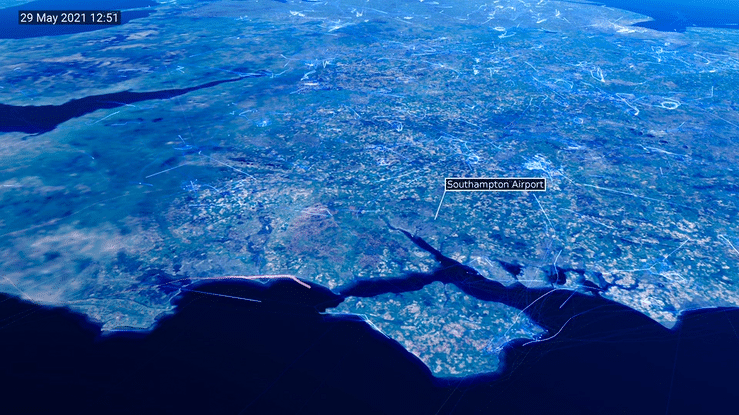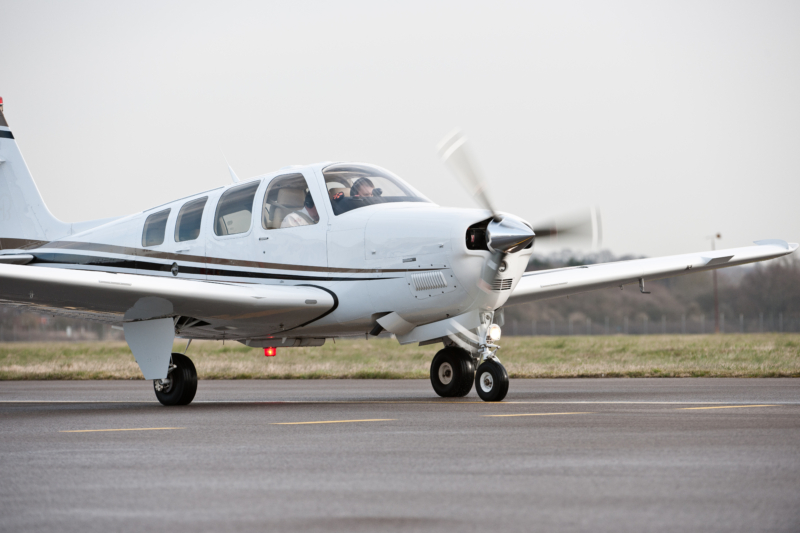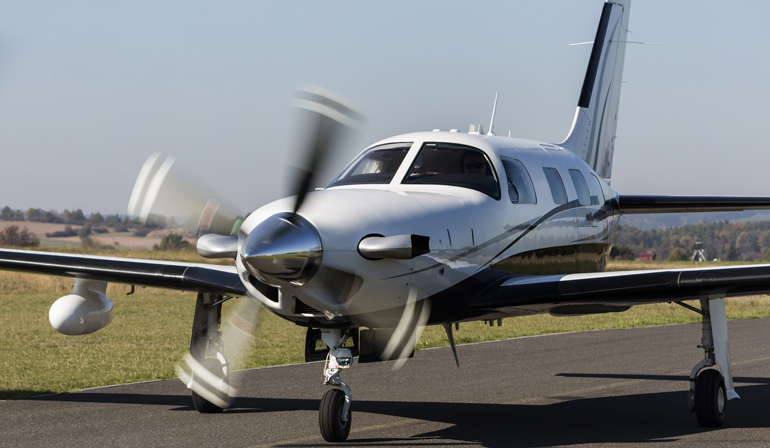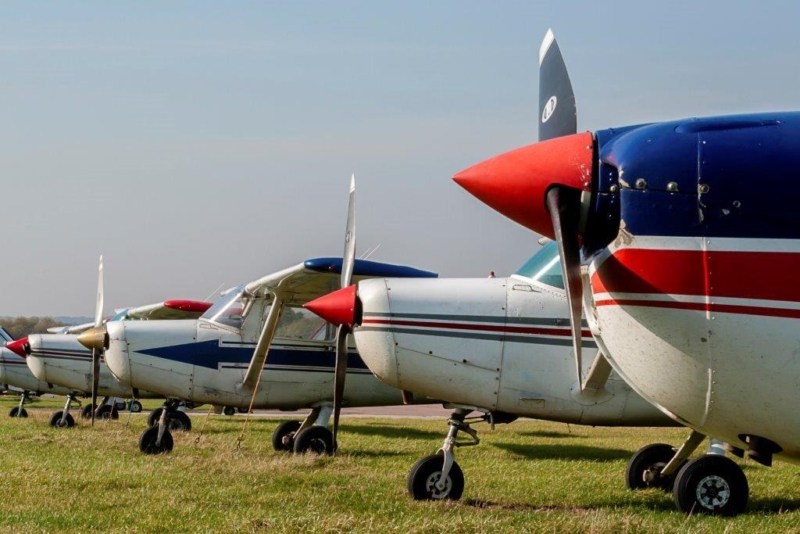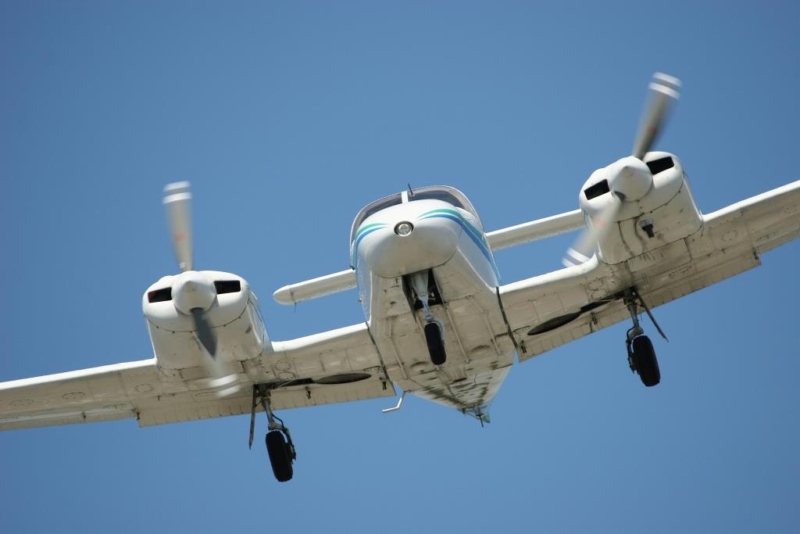General Aviation
Infringement at Southampton Airport
19 August 2021In this data visualisation, we share an example of a recent infringement at Southampton Airport, to explain how such an incident can have an impact on other airspace activity and users and to help raise awareness in the hope of minimising these occurrences in the coming months.
In uncontrolled airspace, it is up to individual pilots whether to use an air traffic service or not. Pilots don’t have to call and use the Flight Information Service (FIS) available to them, but here’s some information on why we think you should consider it….
Frequency Monitor Codes (or ‘squawks’) are an important part of airspace management. They provide a simple way for aircraft to communicate with air traffic controllers and are used by commercial, military, and general aviation aircraft.
If you asked any air traffic controllers to name a threat to our operation, they would likely name infringements. An infringement occurs when an aircraft makes an unauthorised entry into controlled airspace and unfortunately, they are a daily occurrence during the warmer summer months. Find out five ways you can avoid infringing controlled airspace and help keep the airspace safe for everyone.
The end of lockdown and the arrival of blue skies has permitted many general aviation (GA) pilots to get airborne for a flight. There may be some who thought that a one-hour flight was all they needed to refresh their skills, while others have realised that a bit more familiarisation wouldn’t go amiss. Over the next few weeks, we’ll be looking at the various aspects of infringements, and highlighting specific areas of concern, as well as including some of the methods that can be used to minimise and/or remove the risk. We are all in this together.
Airspace Infringement Series: A controller’s story…
22 March 2019Amanda Rhodes, NATS air traffic controller at Swanwick Centre looking after airspace around Luton Airport, talks about her experience with airspace infringements for this week’s Infringement Series story…
Over the past few weeks we have highlighted the issues associated with airspace infringements including the significant impact they can have on controller workload, the necessary avoiding action, delays and cost that can result to other pilots following an incident.
Listening Squawk, Monitor Code or Frequency Monitor Code? Here’s the lowdown on how and when to use them…
7 July 2017Frequency Monitor Codes (FMCs) have now been in use in the UK for over 10 years and they’ve collected a range of names during that time such as Listening Squawks and Monitor Codes but they are all actually referring to the same thing.
Pilots are encouraged to use a FMC when they are flying outside controlled airspace, but close to controlled airspace boundaries, in order to increase situational awareness and help to combat infringements.
Phone a friend: NATS FISOs are on hand to help
23 June 2017Both London and Scottish Flight Information Services (FIS) provide assistance to General Aviation (GA), Military and Commercial Aircraft within the Class G airspace, outside of controlled airspace, covering the whole of the UK. Pilots don’t have to call and use the service, but here’s some information on why we think you should consider it….
What is a Lower Airspace Radar Service?
16 June 2017As the flying season is now well underway, we thought we’d provide a deeper look over the coming weeks, at some of the services that are available to pilots. Today we’re starting with the Lower Airspace Radar Service (LARS).
